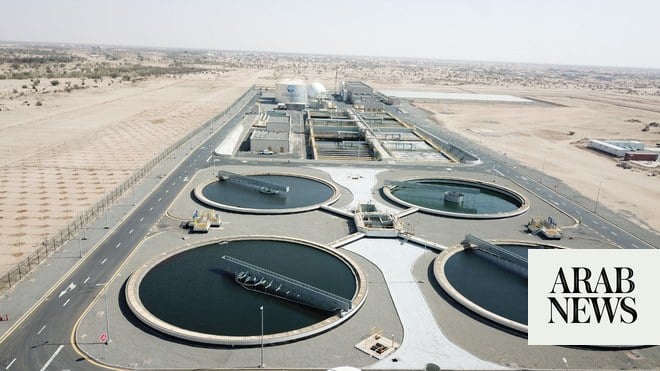
On the 94th National Day of Saudi Arabia, on behalf of the government and people of Japan, I would like to express our sincere affection and congratulate King Salman, Crown Prince Mohammed bin Salman and the people of Saudi Arabia. Next year, we will celebrate the 70th anniversary of the establishment of diplomatic relations between Japan and Saudi Arabia, which began on June 7, 1955.
Saudi Arabia’s Vision 2030, which was announced in 2016, is now at its halfway point and the economic and socioeconomic reforms are steadily progressing, including the expansion of the non-oil sector, a decline in the unemployment rate and the empowerment of women. Against this backdrop, bilateral relations between Japan and Saudi Arabia are becoming more active in a variety of fields beyond traditional oil-related cooperation.
In May, Japanese Prime Minister Fumio Kishida held a virtual meeting with the crown prince, during which they discussed the development of the clean energy sector, including hydrogen and ammonia, utilizing advanced Japanese technology under the “Lighthouse Initiative,” agreed upon during Kishida’s visit to Jeddah last year.
The two countries confirmed their commitment to promoting concrete cooperation to make Saudi Arabia a clean energy hub through the development of hydrogen, ammonia and other clean energy fields using Japan’s cutting-edge technologies. Cooperation has also emerged not only in the energy sector but also in the fields of construction, digital transformation, information and communication technologies, space, health, medical care, food and agriculture.
The Japan-Saudi Arabia Business Forum, held on the same day as the virtual meeting between Kishida and the crown prince, was attended by approximately 300 Japanese and Saudi government and business officials, resulting in the signing of more than 30 memorandums of understanding and agreements. The forum was a true testament to the diversification of bilateral relations across a wide range of fields, including manufacturing, energy, finance, the circular economy and healthcare.
Bilateral relations between Japan and Saudi Arabia are becoming more active in a variety of fields beyond traditional oil-related cooperation.
Iwai Fumio
We are very happy to see that many Saudis are interested in various Japanese products and services, including high-tech goods, cuisine, animation, manga and video games.
After the coronavirus pandemic, the number of Saudis visiting Japan has increased dramatically. Since last year, Saudi nationals traveling to Japan for tourism purposes have been able to apply for electronic visas. As a result, the number of visas issued last year by our embassy in Riyadh and our consulate general in Jeddah quadrupled compared to the previous year.
The Osaka-Kansai Expo will be held next year. To facilitate travel for Saudis to Japan, I will do my utmost to establish direct flights between the two countries and make visa acquisition easier.
Japanese interest in Saudi Arabia is also growing. I believe that Vision 2030 will make Saudi Arabia the No. 1 tourism destination in the Middle East. Saudi Arabia will host the World Expo in 2030 and is the sole candidate for the FIFA World Cup in 2034, which is strongly supported by the Japanese Football Association.
Saudi Arabia has extensive experience in hosting international soccer tournaments, including the AFC Champions League, in which the Urawa Reds and Al-Hilal competed in the final last year. We are confident that the 2034 FIFA World Cup bid, if successful, will be a tremendous success. I strongly hope that Saudi Arabia, poised to become a tourism powerhouse in 2030, will receive 10 times, or even 100 times, more tourists from Japan than it does now.
Finally, I would like to conclude my message by wishing Saudi Arabia further development and prosperity on this National Day, as well as the happiness of all the Saudi people.
Iwai Fumio is the Japanese ambassador to Saudi Arabia. X: FumioIwai












